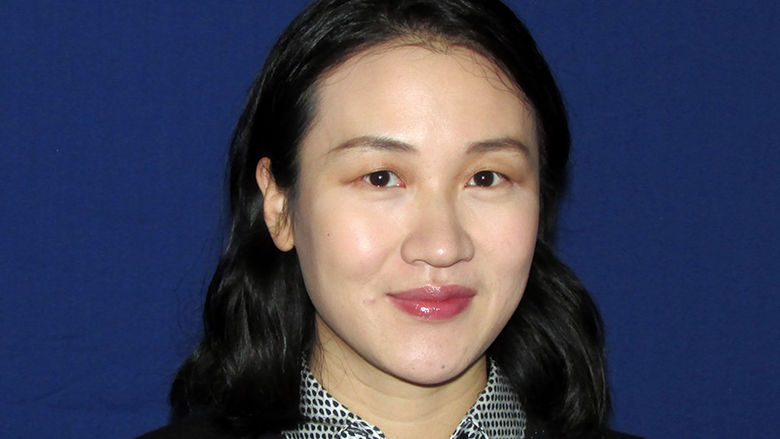DUNMORE, Pa. — James Wilkerson, assistant professor of business and coordinator of the business and project and supply chain management programs at Penn State Scranton, was recently recognized as an Outstanding Reviewer by the Eastern Academy of Management (EAM).
The distinction was awarded to the top 10 percent of all reviewers of peer research for the EAM’s recent 56th annual conference.
“I was surprised and pleased,” said Wilkerson of receiving the award. “When I first started reviewing submissions for conferences almost 20 years ago, few conferences had such recognition for reviewers. Conference organizers are always grateful, but it’s nice to receive acknowledgment of such volunteer work done purely out of one’s sense of duty to the profession.”
As part of EAM’s stable of reviewers, Wilkerson engages in “double-blind" peer reviewing, where neither the submitter nor the reviewer knows the other’s identity. That approach, Wilkerson said, ensures the “gold standard” of scholarly research quality.
Among other criteria, reviewers judge papers for conceptual thought and analysis, methodological rigor and appropriateness, relevance or importance to the field of study, and soundness of conclusions and interpretation.
“Judging by the finalized conference program offerings, I know a lot of submissions are from graduate students, so the reviewer often must keep in mind the developmental aspect of peer reviewing, balancing blunt criticism with recognition of good work and recommendations for improving future work,” Wilkerson said.
“I review for one or two conferences almost every year, and it is gratifying to hold the line on research quality. It’s also challenging because the reviewer must be fairly current in knowledge of the field or topics, as well as research methods, to be able to do a credible job of reviewing.”
The quality of the work varies, he said, given submitters range from master’s degree-level students to “luminaries in the field.” He’s noticed that today’s doctoral students struggle a bit more with the mechanics of writing than those from two decades ago.
That said, the quality of thought is “as good as ever,” according to Wilkerson. He noted that submissions deemed good enough for presentation at the EAM conference often end up being published in peer-reviewed scholarly journals “after further polishing, including incorporating recommendations for improvement from conference reviewers.”
Wilkerson first got involved with EAM in 2017, shortly before arriving at Penn State Scranton. The organization provides a nice balance of camaraderie and academic rigor, he said.
“I like how EAM emphasizes community among members as much as it does the typical emphasis on advancing business management research, theory, teaching and practice,” he said. “This can be extremely valuable to management professors at small campuses like Penn State Scranton where perhaps only one other colleague shares specific research interests. I can find researchers in EAM membership with academic interests similar to mine.”
In addition to EAM, Wilkerson lends his peer-reviewing acumen to other organizations. Just recently, he reviewed several papers for the Southern Management Association’s annual conference.
For him, it’s all part of being a committed academic.
“I just do it because it’s what scholars should do,” he said.






